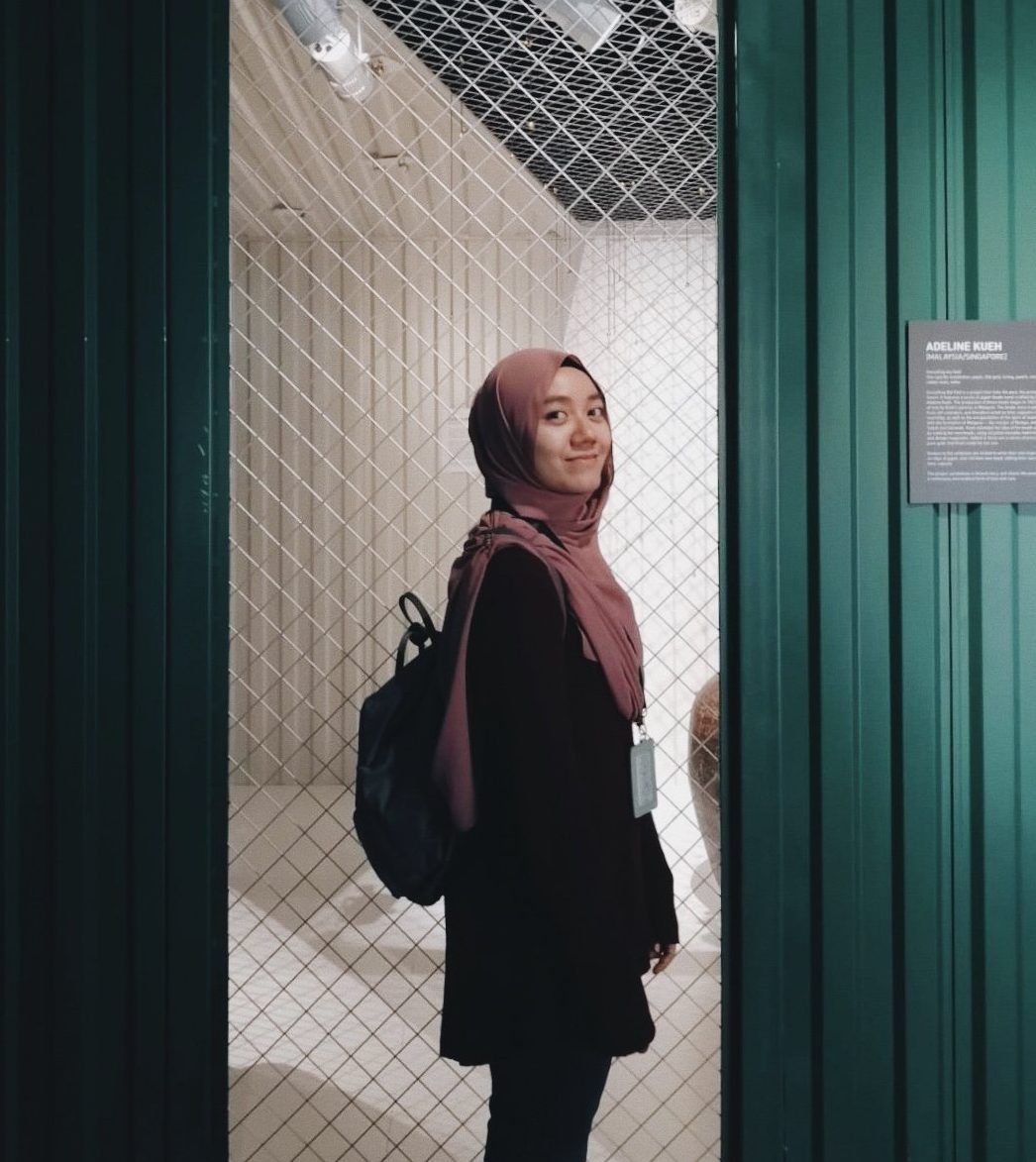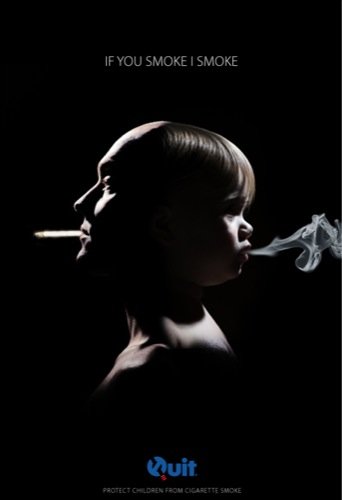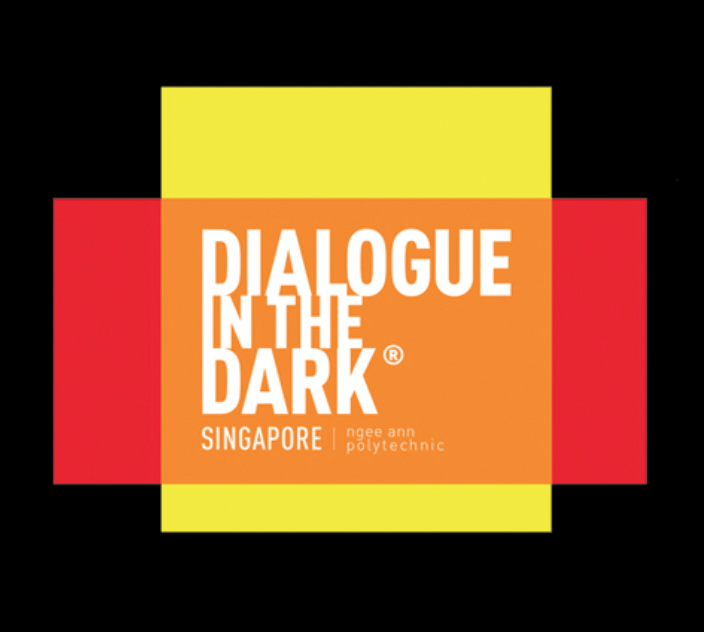SMOKING:
Second hand smokers are getting a lot more worse than first hands. Some are too ignorant or oblivious to their surroundings. This happens often amongst family members and friends. Statistic shows that secondhand smoke has caused nearly 34,000 heart diseases each year during 2005-2009. Us secondhand smokers have a higher probability of death as compared to smokers themselves.
IMPORTANCE OF RETAINING CULTURE/HERITAGE:
Newly renovated Wisma Geylang Serai which caters to Malay Muslim community. Retaining and sharing the Malay Culture despite Geylang having more people from other races moving in. 3-Day event with a theme of Past, Present and Future.
ELDERLY LIVING ALONE:
Number of elderly living alone has tripled since 2000. Some of these elderly were either left alone by their family members, refused to move in with their children or have no one else to rely on. Some of these elderly may face depression due to the lack of interaction with the outside world. We may not know what’s happening at their home with no one keeping an eye on them.
PERIOD (CRAMPS):
-Some have it worst than others. The society tends to think that period cramp is nothing and will deem women as “weak”. It is important to raise awareness on how periods affect us women as an individual.
-Situation:
Having horrible cramps during training. Told coach I couldn’t train. Coach told me, “It’s just cramps.”
What am I focusing on?
SECOND HAND SMOKER.
Causes 7,330 deaths from lung cancer and 33,950 deaths from heart disease each year. Secondhand smoke contains hundreds if chemicals known to be toxic or carcinogenic. It can trigger a heart attack, even for secondhand smokers.
Example:



